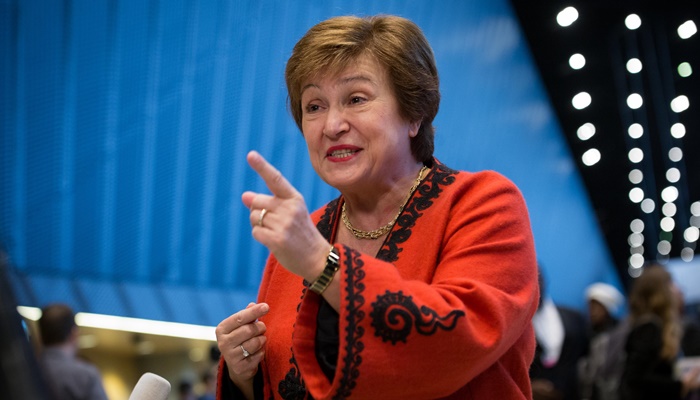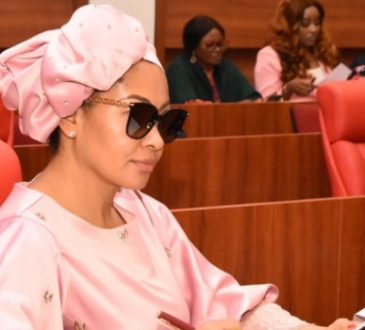
The International Monetary Fund (IMF) gas stated Nigeria has the capacity to repay the $3.4billion Rapid Financing Instrument (RFI) it recently approved for the country.
In coming to that conclusion, the IMF Country office in Abuja in its report said, “staff assesses public debt to be sustainable and that there is adequate capacity to repay the Fund.”
The IMF Country office in Nigeria stated that Nigeria has agreed “to continue to strengthen financial supervision and regulation in order to safeguard macro-financial stability.”
To ensure that the financial assistance received as part of the COVID-19 response is used for intended purposes, the IMF said “Nigerian authorities committed to undertake an independent audit of crisis-mitigation spending and related procurement processes.”
The government has also agreed “to publish procurement plans and notices for all emergency-response activities, including names of awarded companies and beneficial owners.”
Since the onset of the crisis, the Nigerian authorities the IMF said “have allowed greater exchange rate (FX) flexibility and have taken important steps towards unification of existing FX windows, which should be finalized immediately.”
According to the IMF report, “they have put in place measures to contain the pandemic and mitigate its economic impact.”
“Once the COVID-19 crisis passes, they intend to resume their revenue-based fiscal consolidation program—which they started this year by increasing the VAT rate and introducing an automatic fuel pricing mechanism—while creating fiscal space for priority spending and avoiding recourse to central bank financing” the report said.
Commenting on the fate of the economy post COVID 19, the IMF stated that “the sharp fall in international oil prices and reduced global demand for Nigeria’s oil products are worsening the fiscal and external positions, as Nigeria’s oil and gas exports (84 percent of total exports) are expected to fall by more than $26½ billion.”
It projected that the Nigerian economy will contract by almost 3½ percent in 2020, “a six-percentage point drop relative to pre-COVID-19 projections.”
It noted that there are “already high downside risks—particularly from sharper and protracted falls in oil prices, declining oil production from future OPEC caps or inability to sell oil cargoes, and more protracted disruptions to economic activity due to a more expansive effect of the pandemic—have heightened”.






